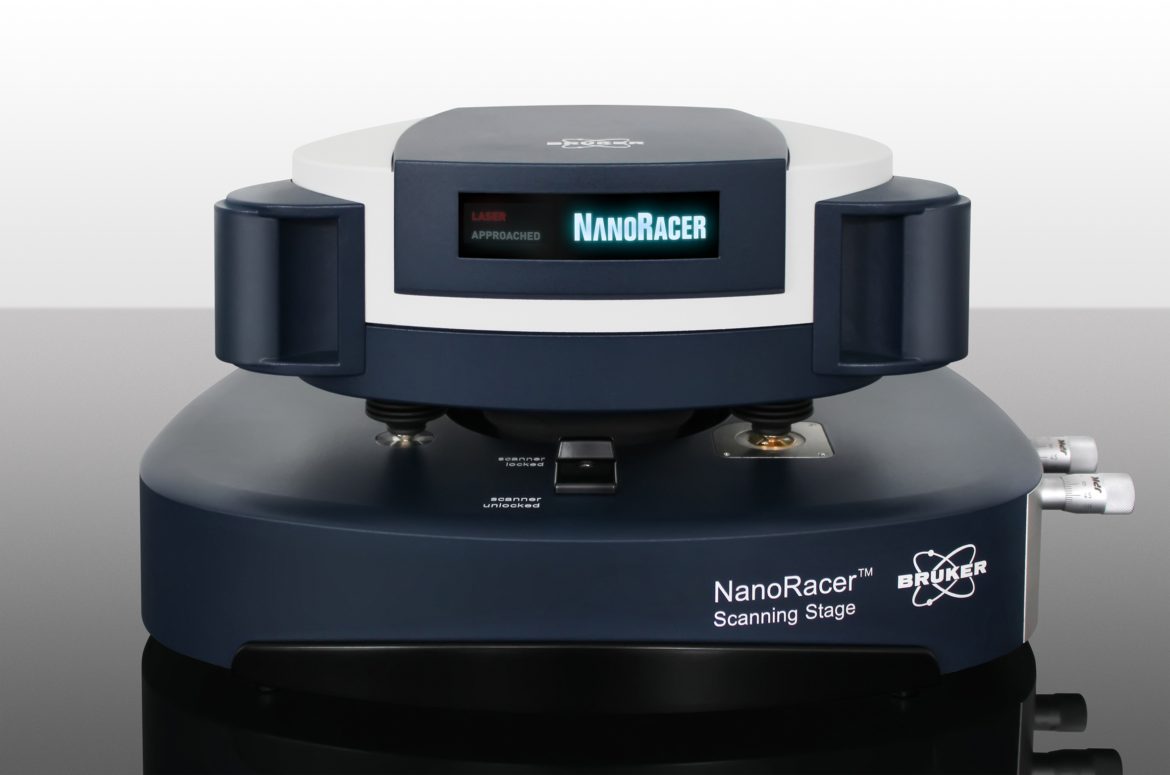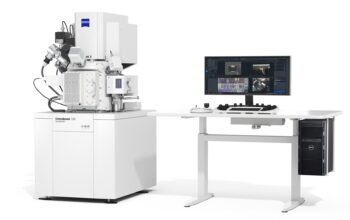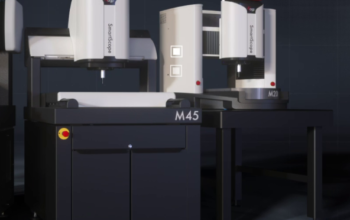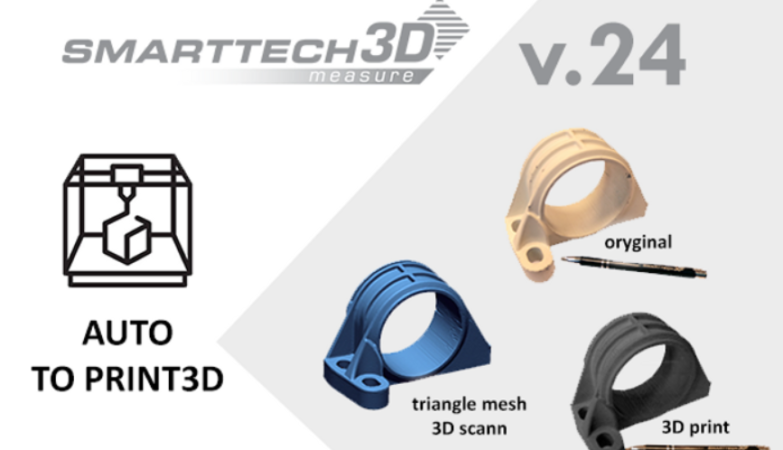JPK NanoRacer® Follows Molecular Dynamics in Real Time at 50 Frames per Second
BERLIN, Germany – July 30th, 2020 – Bruker today announced the release of the NanoRacer high-speed AFM system. With an unprecedented imaging speed of 50 frames per second, this sets a new milestone in high-speed scanning capabilities to enable true real-time visualization of dynamic biological processes using atomic force microscopy (AFM). Developed in close collaboration with leading experts in the field, the NanoRacer also delivers atomic resolution and unmatched user friendliness, and it is expected to provide crucial insights into single-molecule behavior and an in-depth understanding of dynamic processes in biochemistry, molecular biology, and biomedicine.
“So many things are still hidden in biological molecules,” stated Toshio Ando, Professor at the Nano Life Science Institute (WPI-NanoLSI) of Kanazawa University in Japan. “To uncover their unexplored secrets, there is a true need to directly observe individual molecules during their functional activity. As the fastest commercial, high-speed AFM available, the NanoRacer enables this direct observation in real-time. A lot of innovative ideas have been incorporated for easy operation and high performance, and it is my utmost wish that many researchers will use the NanoRacer to make exciting discoveries.”
“The NanoRacer system is the satisfying culmination of a series of Bruker innovations in high-speed AFM,” added Torsten Jähnke, Bruker’s Director of BioAFM. “From both a performance and usability standpoint, we believe the NanoRacer will revolutionize high-end atomic force microscopy for single-molecule applications. Researchers from biochemistry, molecular biology, and molecular medicine now have, for the first time, an AFM tool that enables them to watch molecules at work and understand structure-function relationships in depth.”
About the JPK NanoRacer High-Speed AFM
The NanoRacer system is designed for use with small cantilevers. It can achieve top speeds of 50 frames/sec in fluid, in a 100nm x 100nm scan range, and with 10k pixels. Equipped with photothermal cantilever excitation, a new XYZ flexure scanner architecture, and lowest noise positioning sensors in each axis, the NanoRacer sets a new benchmark for high-end research AFM capabilities. Lowest forces and highest resolution, combined with utmost stability, make it a powerhouse for advanced applications and discoveries on the molecular scale. The new system also incorporates JPK’s high-performance Vortis™ 2 controller and intuitive software user interface for superior ease-of-use operation. The fully automated setup capabilities allow researchers to focus on their experiments, making the NanoRacer system perfect for multi-user environments or imaging facilities.
About the JPK BioAFM Business
JPK joined Bruker in July 2018, bringing in-depth expertise in live-cell imaging, cellular mechanics, adhesion, and molecular force measurements, optical trapping, and biological stimulus-response characterization to Bruker’s worldwide infrastructure and established instrumentation development and support. The JPK BioAFM business takes full advantage of the best of both histories to provide microscopy instrumentation for biomolecular and cellular imaging, as well as force measurements on single molecules, cells and tissues. To learn more about Bruker’s biological research AFMs, please visit: www.bruker.com/BioAFM.
About Bruker Corporation (NASDAQ: BRKR)
Bruker is enabling scientists to make breakthrough discoveries and develop new applications that improve the quality of human life. Bruker’s high-performance scientific instruments and high-value analytical and diagnostic solutions enable scientists to explore life and materials at molecular, cellular and microscopic levels. In close cooperation with our customers, Bruker is enabling innovation, improved productivity and customer success in life science molecular research, in applied and pharma applications, in microscopy and nanoanalysis, and in industrial applications, as well as in cell biology, preclinical imaging, clinical phenomics and proteomics research and clinical microbiology.









